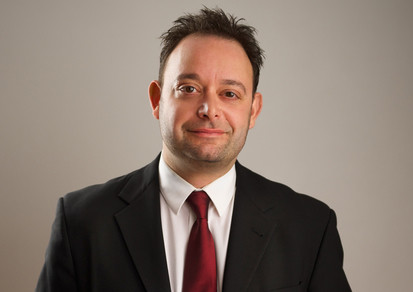The beating of George Galloway
Ask a foreigner to name a British parliamentarian. Assuming they are able to provide an answer, there’s a high chance, especially if that person is a Jew or a Muslim, that the name on their lips will be that of George Galloway.
The 60-year-old Galloway has been a fixture of the British House of Commons since 1987. In that time, he has represented a variety of constituencies, beginning in the Scottish city of Glasgow and currently representing a section of Bradford, a heavily Muslim city in the north of England. He has also represented two different political parties, the first one being Labor, from which he was expelled in 2003 over his inflammatory comments concerning the forthcoming war in Iraq, followed by the far-left Respect, an oddball coalition of Islamists, Trotskyists, and anti-war activists which Galloway himself set up and which has remained his political home over the last decade.
A man who craves celebrity and attention, Galloway is rarely out of the news, which is what accounts for his name being recognized well beyond the boundaries of the United Kingdom. Typical of Galloway’s recent publicity stunts was his appearance on a reality TV show wearing a red leotard and impersonating a purring cat.
Galloway remained in the limelight in late August, but not in a way that he’d normally envision. While posing for photos on a London street, he was approached and beaten by 39-year-old Neil Masterson. By the time Masterson was apprehended, he had left Galloway with severe bruising on his face and head, and a couple of broken ribs. It was a nasty beating, but not a fatal one, and Galloway was discharged from hospital the following day.
Like many Jews, my reaction to the news was one of unbridled joy, tempered by the guilty realization that, in a democracy, violence is rightly frowned upon as a means of dealing with one’s political opponents. However distasteful someone’s views — and Galloway’s views are, without question, highly distasteful — there are legal and constitutional channels available to challenge them.

 47.0°,
Mostly Cloudy
47.0°,
Mostly Cloudy 




